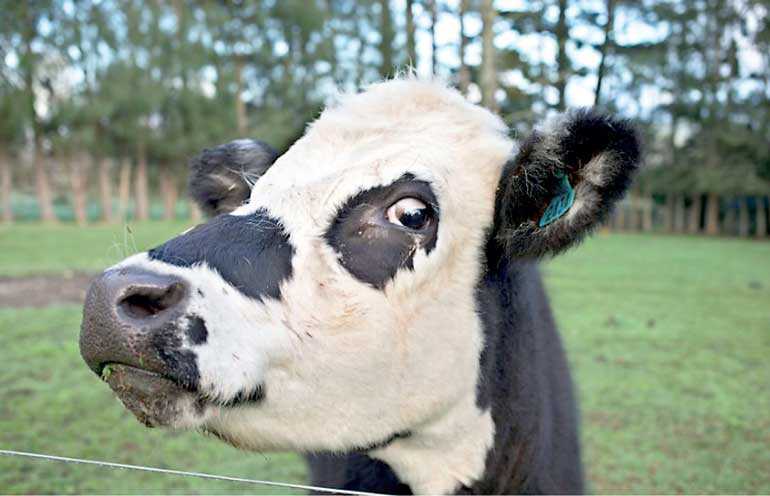Monday Feb 23, 2026
Monday Feb 23, 2026
Wednesday, 6 June 2018 00:00 - - {{hitsCtrl.values.hits}}
 WELLINGTON (Reuters): New Zealand, the world’s biggest dairy exporter, will spend more than NZ$ 880 million ($ 610 million) in a bid to eradicate the mycoplasma bovis cattle disease, Prime Minister Jacinda Ardern said recently.
WELLINGTON (Reuters): New Zealand, the world’s biggest dairy exporter, will spend more than NZ$ 880 million ($ 610 million) in a bid to eradicate the mycoplasma bovis cattle disease, Prime Minister Jacinda Ardern said recently.
About 126,000 cows are expected to be culled, mainly over the next two years, as government and industry work to depopulate all infected farms, the government said in a statement.
The disease, which is common in many countries, was first detected in New Zealand at a farm in the South Island last July and some 37 properties have now tested positive for the illness.
“Today’s decision to eradicate is driven by the government’s desire to protect the national herd from the disease and protect the base of our economy – the farming sector,” Ardern said in a statement.
Mycoplasma bovis can lead to conditions such as udder infection, pneumonia and arthritis in affected cattle, but does not pose a food safety risk or any risk to humans.
The initial outbreak led to concerns that the disease could affect market access for New Zealand’s dairy products, and caused a brief dip in the New Zealand dollar.
The government would contribute about NZ$ 591 million to the eradication program, while the rest would be borne by industry bodies and farmers, Ardern said. The bulk of the work would take place in the next two years.
New Zealand’s dairy sector contributes about NZ$ 7.8 billion annually to the country’s gross domestic product and accounts for around a fifth of the country’s exports.